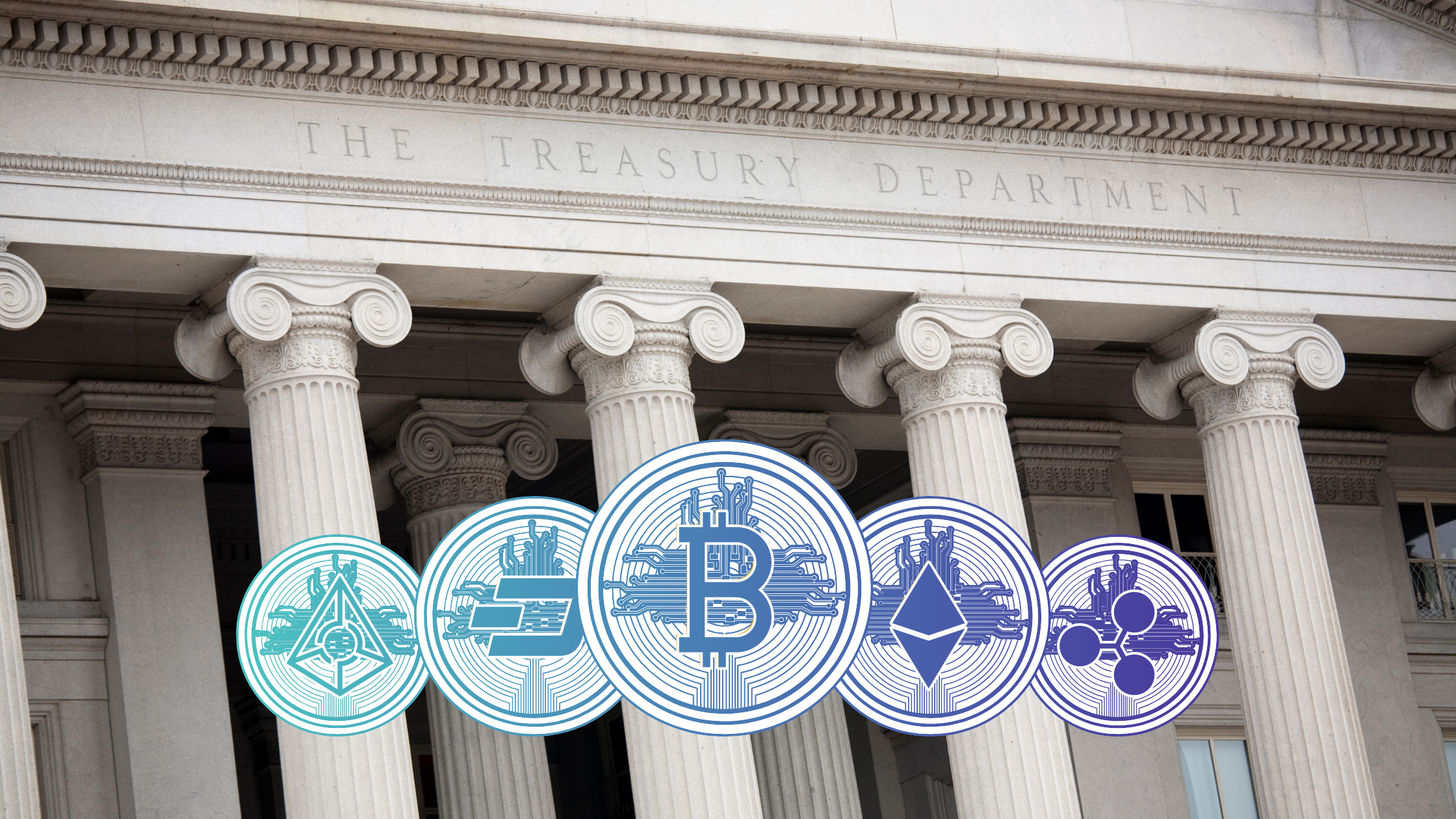The U.S. Securities and Exchange Commission (SEC) has previously issued a proposal for comment on rules for “self-hosted” cryptocurrency wallets. In response, US exchange Coinbase requested an extension of the comment period.
Today, the U.S. SEC is gunning at exchanges with new rules to follow when dealing with security tokens, and surprisingly its clarity is mostly positive except for one glaring stipulation.
The SEC’s latest press release states that the agency has provided five more years to digital asset brokers holding custody of security tokens who are following SEC’s guidelines. This press release may ease the minds of many digital asset and crypto brokers who were under fear due to the SEC’s recent lawsuit against Ripple.
Earlier this week, Ripple Labs, a company that owns 6.4 billion of XRP, the previous third-largest cryptocurrency by market cap was slapped with a lawsuit for dealing in securities. SEC previously has been very cautious with cryptocurrency businesses and has taken what it deems are necessary actions; for example, against ICO scams in 2017.
Crypto brokers and exchanges are suffering a lot of heat after the SEC’s recent $1.3 Billion lawsuits against Ripple and its executives. The SEC published an official press release titled “SEC Issues Statement and Requests Comment Regarding the Custody of Digital Asset Securities by Special Purpose Broker-Dealers”.
“As discussed below, the Commission’s position in this statement is premised on a broker-dealer limiting its business to digital asset securities to isolate risk and having policies and procedures to, among other things, assess a given digital asset security’s distributed ledger technology and protect the private keys necessary to transfer the digital asset security,” the SEC said in its published statement.
The press release highlights the rules laid out in the Securities Exchange Act Rule 15c3-3 to digital asset securities and states that the SEC intends to utilize this act to foster innovation in the custody of digital asset securities. The press release states forth,
“for a period of five years, a broker-dealer operating under the circumstances set forth in the statement will not be subject to a Commission enforcement action.”
However, written in ink are stipulations which, according to the SEC, the broker-dealer must limit its business to digital asset securities, establish and implements policies and procedures reasonably designed to mitigate the risks associated with conducting a business in digital asset securities, and provide customers with certain disclosures regarding the risks of engaging in transactions involving digital asset securities.
The commission also requested comment from relevant businesses, and the statement will become effective 60 days after publication in the federal register.
The crypto exchanges and brokers were in fear of SEC actions, and various analysts expected a wide delisting of XRP token. Founder of Watchdog Capital, Bruce Fenton, said they’d be crazy not to delist XRP:
I just read the 71 page SEC complaint vs. Ripple.
I think any crypto exchange who doesn’t delist XRP this week is out of their mind.
If the SEC says it’s a security you’d be crazy to list it without a license.
— Bruce Fenton (@brucefenton) December 23, 2020
The XRP price has plummeted by more than 40% and resulted in delisting of its coin and trading desks stopping trading on several exchanges already.
The SEC further asks the following questions:
- What are industry best practices with respect to protecting against theft, loss, and unauthorized or accidental use of private keys?
- What are industry best practices to address events that could affect a broker-dealer’s custody of digital asset securities such as a hard fork, airdrop, or 51% attack?
- What are the processes, software and hardware systems, or other formats or systems that are currently available to broker-dealers to create, store, or use private keys and protect them from loss, theft, or unauthorized or accidental use?
- What are the accepted practices with respect to disclosing the risks of digital asset securities and the use of private keys?
- Should the Commission expand this position in the future to include other businesses such as traditional securities and/or non-security digital assets?
- What differences are there in the clearance and settlement of traditional securities and digital assets?
- What specific benefits and/or risks are implicated in a broker-dealer operating a digital asset alternative trading system?
This comes after on December 9, 2020, a bipartisan group of members of the U.S. House of Representatives, including — Tom Emmer (R-MN), Warren Davidson (R-OH), Bill Foster (D-IL), David Schweikert (R-AZ), Darren Soto (D-FL), Ted Budd (R-NC), Dan Crenshaw (R-TX), Ralph Norman (R-SC) and Ro Khanna (D-CA), sent a letter addressed to the U.S. Securities and Exchange Commission (SEC) Chairman Jay Clayton urging the SEC and Financial Industry Regulatory Authority (FINRA) to address the issue of broker-dealer custody of digital securities.
Although SEC Commissioner Hester Peirce has long championed the need for both regulatory and technological innovation in the crypto space, the SEC and FINRA have made slow progress towards finding a solution that would permit broker-dealer custody of digital securities.
